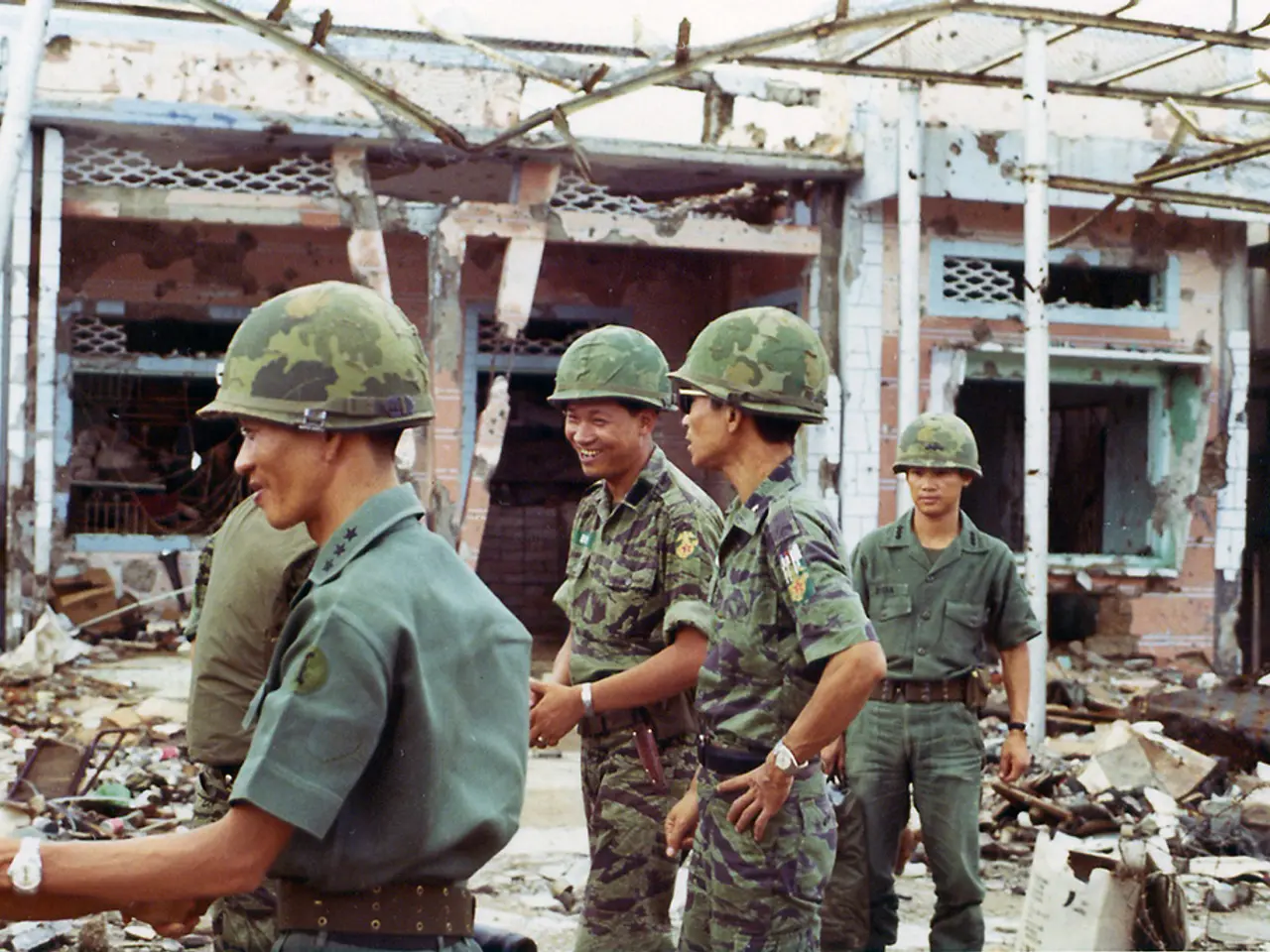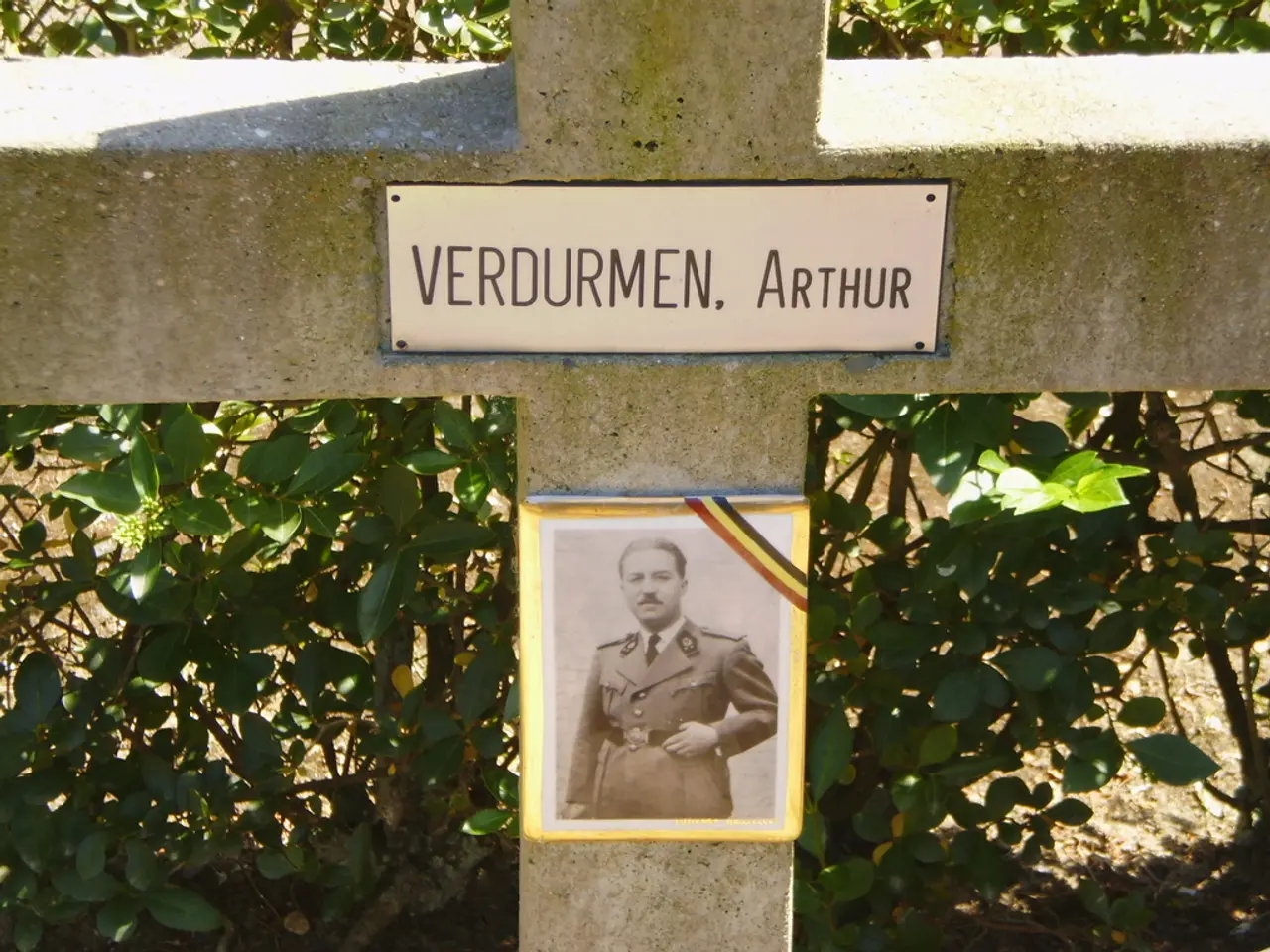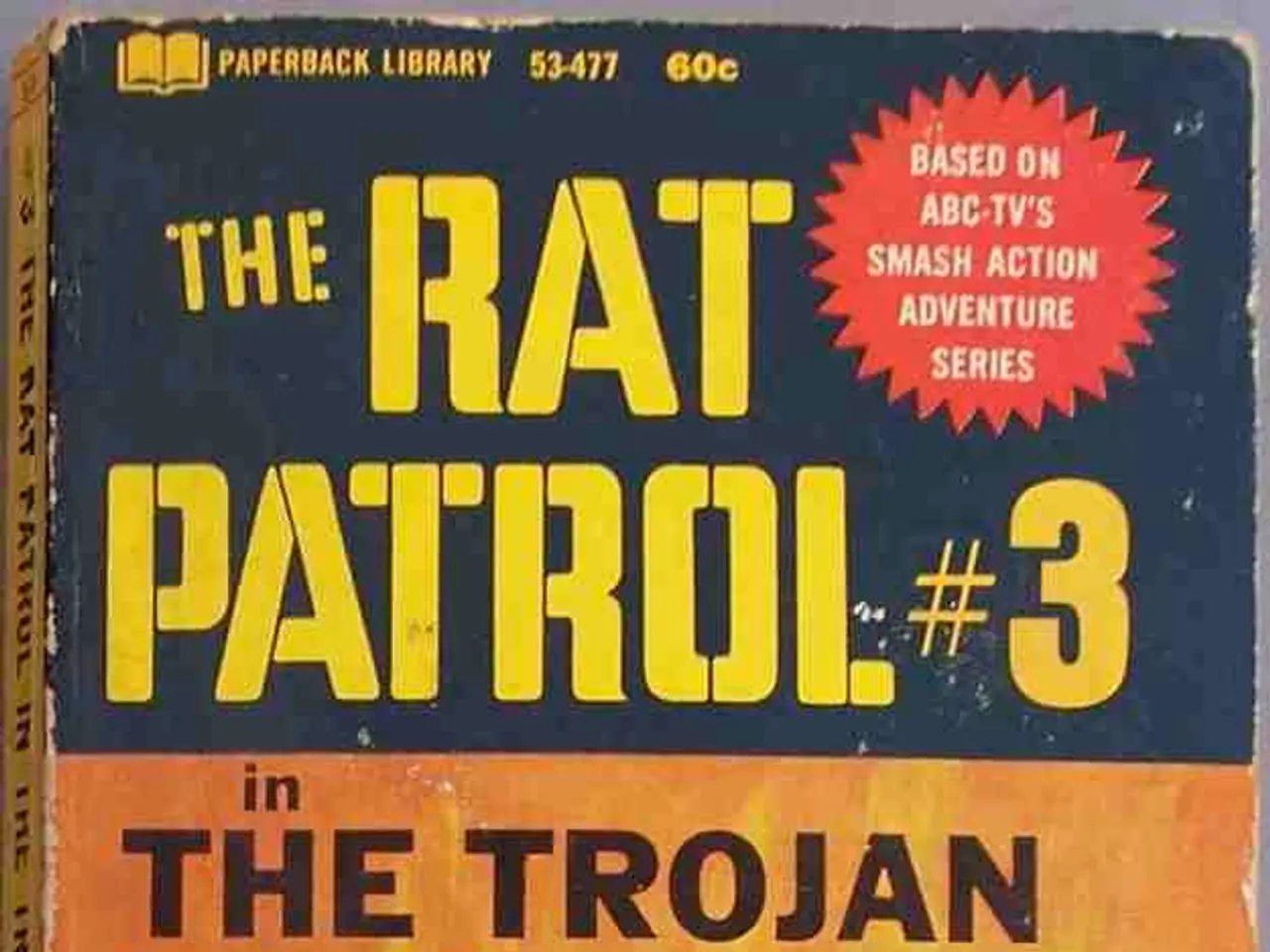Ongoing Quest for Yazidi Genocide Justice Unabated
In August 2014, Daesh launched a brutal attack on Sinjar, committing crimes such as murder, enslavement, deportation, and forced displacement against the Yazidi community. Over 2,600 Yazidi women and children remain unaccounted for, and thousands more were subjected to sexual slavery and violence.
While some progress has been made in securing justice for the perpetrators of these crimes, the journey towards accountability remains complex and fraught with challenges.
In Europe, landmark convictions have been achieved. In 2021, Taha al-Jumailly was convicted in Frankfurt for genocide and crimes against humanity for enslaving Yazidi women, marking the first trial addressing the Yazidi genocide. Similar convictions followed in The Hague and Sweden. Other European countries, including Finland, France, Hungary, Belgium, Portugal, Canada, and the US, have also pursued cases related to Yazidi persecution.
However, Iraq still faces significant legal and procedural challenges. While tens of thousands of alleged IS members have been prosecuted under anti-terrorism laws, these trials have been criticised for procedural flaws, lack of transparency, failure to specifically charge sexual abuse and slavery crimes, and exclusion of victims. Enforced disappearances and certain international crimes such as genocide and crimes against humanity are not codified as autonomous crimes in Iraqi law, limiting effective prosecution.
Iraq has attempted reparations through amendments to Law No. 20 (2015) and the Yazidi [Female] Survivors Law (2021), providing reparations, housing, education, and psychosocial aid to survivors of IS atrocities. However, implementation has been slow and complicated.
Meanwhile, efforts to mark remembrance and acknowledge victims continue locally. For instance, in August 2025, official duties were suspended in Sinjar and surrounding districts to honour Yazidi genocide victims.
The failure to prosecute the alleged perpetrators of the Yazidi genocide cannot be justified, as it may lead to another wave of atrocities against the community. The atrocities committed by Daesh, including genocide, require comprehensive responses that fully reflect the nature and scale of the crimes.
The United Nations and several countries have recognised the atrocities perpetrated by Daesh against the Yazidis as genocide. The U.N. Convention on the Prevention and Punishment of the Crime of Genocide bestowed upon States the duty to prevent and the duty to punish genocide.
Pari Ibrahim, Executive Director of the Free Yazidi Foundation, commented that justice has eluded the Yezidi community, and impunity reigns. The U.K.'s Joint Committee on Human Rights published a report in 2022, focusing on the UK's responses to Daesh atrocities and the lack of successful prosecutions in UK courts for international crimes committed by Daesh. The report found that investigation and prosecution require better coordination and changes are needed.
Recent developments in securing justice for the perpetrators of the Yazidi genocide show a mix of successful prosecutions in Europe and ongoing challenges, especially in Iraq. The Yazidi community demands the identification and rescue of the missing, and Sinjar remains in disrepair, requiring serious efforts to facilitate the return of Sinjar's residents and a secure, dignified life for Yezidis.
References:
- BBC News (2021). IS 'genocide' trial in Germany: What happened at the Frankfurt hearing? [online] Available at: https://www.bbc.co.uk/news/world-europe-58534181
- Human Rights Watch (2022). Iraq: Justice for ISIS Survivors Remains Elusive [online] Available at: https://www.hrw.org/news/2022/08/15/iraq-justice-isis-survivors-remains-elusive
- Council of Europe (2022). Report of the Special Rapporteur on Bringing Da'esh to Justice, Pieter Omtzigt [online] Available at: https://rm.coe.int/168097b174
- Al-Monitor (2022). Sinjar officials suspend work to mark Yazidi genocide anniversary [online] Available at: https://www.al-monitor.com/originals/2022/08/iraq-sinjar-officials-suspend-work-to-mark-yazidi-genocide-anniversary.html
- Despite progress in Europe, such as Taha al-Jumailly's conviction in Frankfurt for genocide and crimes against humanity, Iraq continues to face legal and procedural challenges in prosecuting Daesh members for their atrocities against the Yazidi community, including sexual abuse, slavery, and enslavement.
- Moreover, the U.N. Convention on the Prevention and Punishment of the Crime of Genocide obligates States to prevent and punish genocide, and it is crucial for Iraq to address these challenges to stop the potential for another wave of atrocities against the Yazidi community.
- Recognizing the challenges faced in Iraq and the successes achieved in Europe, the Yazidi community demands identification and rescue of the missing, as well as efforts to facilitate the return of Sinjar's residents and ensure a secure, dignified life for Yezidis.







